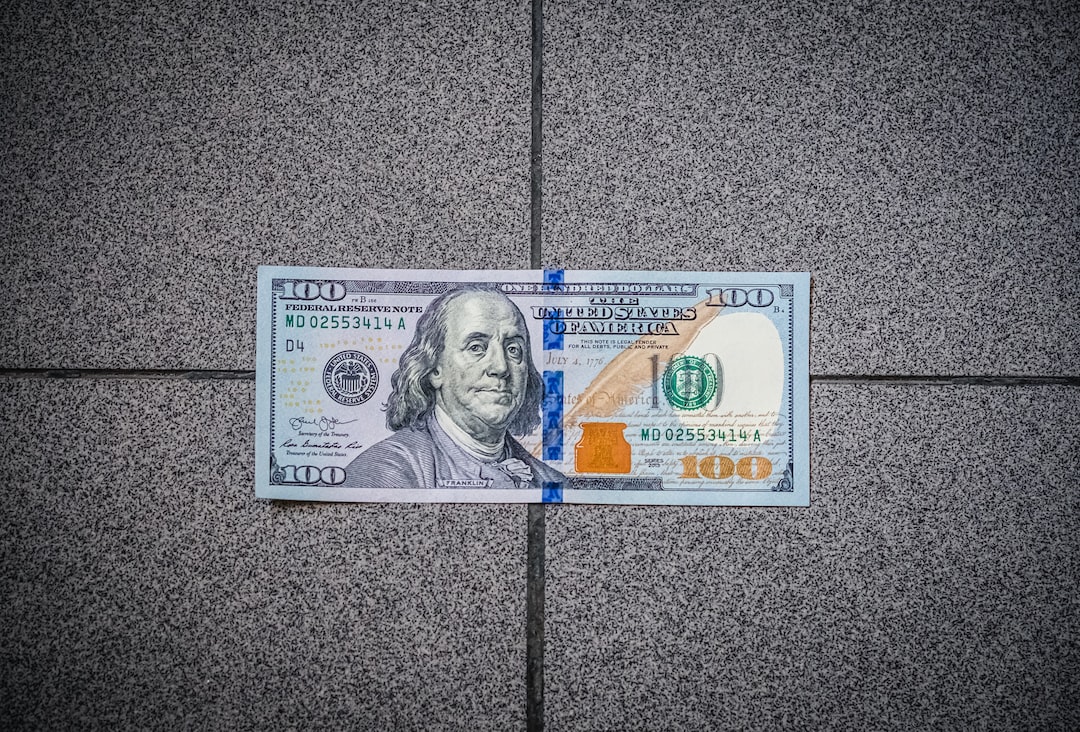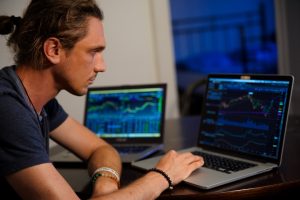Forex trading is one of the largest financial markets in the world with an estimated daily turnover of over $5 trillion. It involves the buying and selling of currencies with the aim of making a profit. Forex traders are individuals or institutions that participate in this market. They come from different backgrounds, experience levels, and have varying trading strategies. In this article, we will delve into who forex traders are and what they do.
Forex traders can be broadly classified into two categories; retail and institutional traders. Retail traders are individual traders who trade with their own money, usually through a broker. They trade on a smaller scale and have limited resources compared to institutional traders. Institutional traders, on the other hand, are large financial institutions such as banks, hedge funds, and investment firms that trade on behalf of their clients.
Retail traders can be further classified into different groups based on their experience level and trading style. Novice traders are those who are new to forex trading and often rely on basic trading strategies. They may also use demo accounts to practice before trading with real money. Experienced traders, on the other hand, have been trading for a while and have developed their own trading strategies. They use technical and fundamental analysis to make trading decisions.
Scalpers, day traders, and swing traders are examples of different trading styles adopted by retail traders. Scalpers enter and exit trades quickly, usually within seconds or minutes, and aim to make small profits from small price movements. Day traders hold positions for a day and aim to profit from short-term price movements. Swing traders hold positions for several days to weeks and aim to profit from medium-term price movements.
Institutional traders also have different departments that specialize in different aspects of forex trading. For example, the treasury department of a bank is responsible for managing the bank’s forex exposure and trading currencies to make a profit. Hedge funds and investment firms have dedicated trading teams that use advanced trading strategies to make profits for their clients.
Forex traders use various tools and resources to trade in the market. These include trading platforms, charts, news feeds, and economic calendars. Trading platforms allow traders to buy and sell currencies, access trading charts, and manage their trading accounts. Charts are used to analyze price movements and identify trading opportunities. News feeds provide traders with the latest news and events that can impact the forex market. Economic calendars show upcoming economic releases that could affect currency prices.
Forex traders also use different trading strategies to make profits. Technical analysis involves using charts and technical indicators to identify trends and make trading decisions. Fundamental analysis involves analyzing economic and political events that can affect currency prices. Traders may also use a combination of both technical and fundamental analysis to make trading decisions.
In conclusion, forex traders are individuals or institutions that participate in the forex market. They come from different backgrounds, experience levels, and have varying trading strategies. Retail traders trade with their own money, while institutional traders trade on behalf of their clients. Forex traders use various tools and resources to trade in the market and use different trading strategies to make profits. Understanding who forex traders are and what they do is essential for anyone interested in participating in the market.





